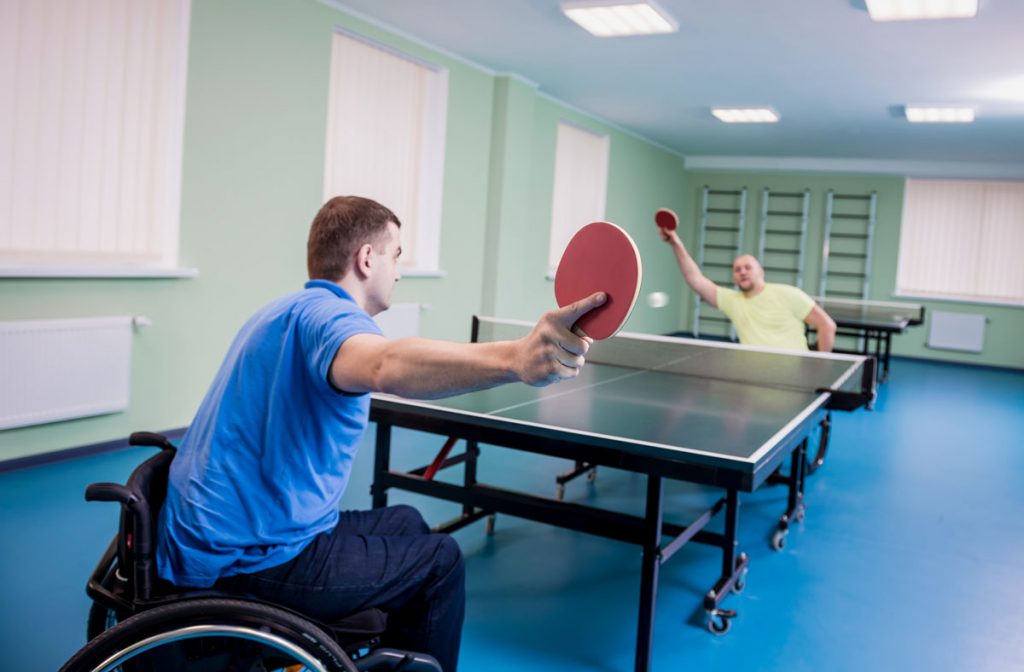More About Dementia Fall Risk
More About Dementia Fall Risk
Blog Article
A Biased View of Dementia Fall Risk
Table of ContentsThe Dementia Fall Risk DiariesThe Best Guide To Dementia Fall RiskThe Best Strategy To Use For Dementia Fall RiskWhat Does Dementia Fall Risk Mean?How Dementia Fall Risk can Save You Time, Stress, and Money.
Examining autumn risk aids the entire health care team develop a safer atmosphere for each and every person. Ensure that there is an assigned area in your clinical charting system where team can document/reference scores and record appropriate notes associated with drop prevention. The Johns Hopkins Autumn Risk Analysis Device is among numerous tools your staff can utilize to aid prevent adverse clinical events.Patient falls in medical facilities prevail and incapacitating unfavorable events that persist regardless of decades of effort to reduce them. Improving communication throughout the evaluating registered nurse, care group, individual, and patient's most included family and friends might strengthen autumn avoidance initiatives. A team at Brigham and Female's Healthcare facility in Boston, Massachusetts, looked for to create a standardized fall prevention program that centered around enhanced interaction and person and household engagement.

The development group emphasized that successful execution depends upon person and staff buy-in, combination of the program right into existing process, and integrity to program processes. The group kept in mind that they are grappling with how to ensure continuity in program implementation throughout periods of crisis. Throughout the COVID-19 pandemic, as an example, an increase in inpatient drops was connected with constraints in person involvement in addition to limitations on visitation.
Dementia Fall Risk Things To Know Before You Buy
These occurrences are normally thought about avoidable. To apply the treatment, companies require the following: Accessibility to Fall pointers resources Autumn TIPS training and re-training for nursing and non-nursing personnel, including new registered nurses Nursing operations that permit individual and family interaction to carry out the falls assessment, make certain use the avoidance strategy, and carry out patient-level audits.
The results can be highly detrimental, typically speeding up person decrease and triggering longer health center remains. One research study approximated stays increased an added 12 in-patient days after an individual autumn. The Fall TIPS Program is based upon appealing patients and their family/loved ones throughout 3 main procedures: evaluation, personalized preventative interventions, and bookkeeping to make certain that people are taken part in the three-step autumn avoidance procedure.
The person analysis is based on the Morse Fall Range, which is a verified autumn risk evaluation tool for in-patient healthcare facility settings. The range consists of the six most common factors people in hospitals fall: the client fall history, high-risk problems (consisting of polypharmacy), use IVs and various other exterior devices, mental status, stride, and movement.
Each danger element web links with several actionable evidence-based interventions. The registered nurse produces a strategy that includes the interventions and shows up to the treatment team, individual, and family members on a laminated poster or printed visual aid. Registered nurses develop the plan while consulting with the individual and the person's household.
4 Simple Techniques For Dementia Fall Risk
The poster serves as a communication tool with other members of the person's care team. Dementia Fall Risk. The audit element of the program consists of assessing the patient's understanding of their risk aspects and prevention strategy at the system and healthcare facility degrees. Nurse champs perform at least five private interviews a month with clients and their families to look for understanding of the loss prevention strategy

A projected 30% of these falls outcome in injuries, which can vary in extent. Unlike other unfavorable events that call for a standard scientific reaction, loss avoidance depends very why not try these out on the demands of the person.
The Buzz on Dementia Fall Risk

Based upon auditing outcomes, one site had 86% compliance and two websites had more than 95% conformity. A cost-benefit evaluation of the Autumn ideas program in 8 hospitals approximated that the program cost $0.88 per individual to execute and resulted in news savings of $8,500 per 1000 patient-days in straight expenses connected to the prevention of 567 tips over 3 years and 8 months.
According to the development team, organizations curious about applying the program should perform a preparedness assessment and falls avoidance gaps analysis. 8 Furthermore, organizations must make certain the necessary infrastructure and process for application and develop an application strategy. If one exists, the organization's Loss Avoidance Task Force must be associated with preparation.
The Only Guide for Dementia Fall Risk
To start, companies must make certain completion of training modules by registered nurses and nursing assistants - Dementia Fall Risk. Hospital staff must examine, based on the needs of a hospital, whether to make use of an electronic wellness record printout or paper variation of the autumn avoidance strategy. Applying groups need to hire and train registered nurse champions and develop procedures for auditing and coverage on fall data
Personnel need to be Home Page associated with the process of revamping the operations to involve individuals and family members in the evaluation and avoidance plan process. Systems must be in location so that devices can comprehend why a loss occurred and remediate the cause. Extra specifically, registered nurses should have networks to provide ongoing responses to both team and device leadership so they can change and boost fall prevention operations and connect systemic issues.
Report this page